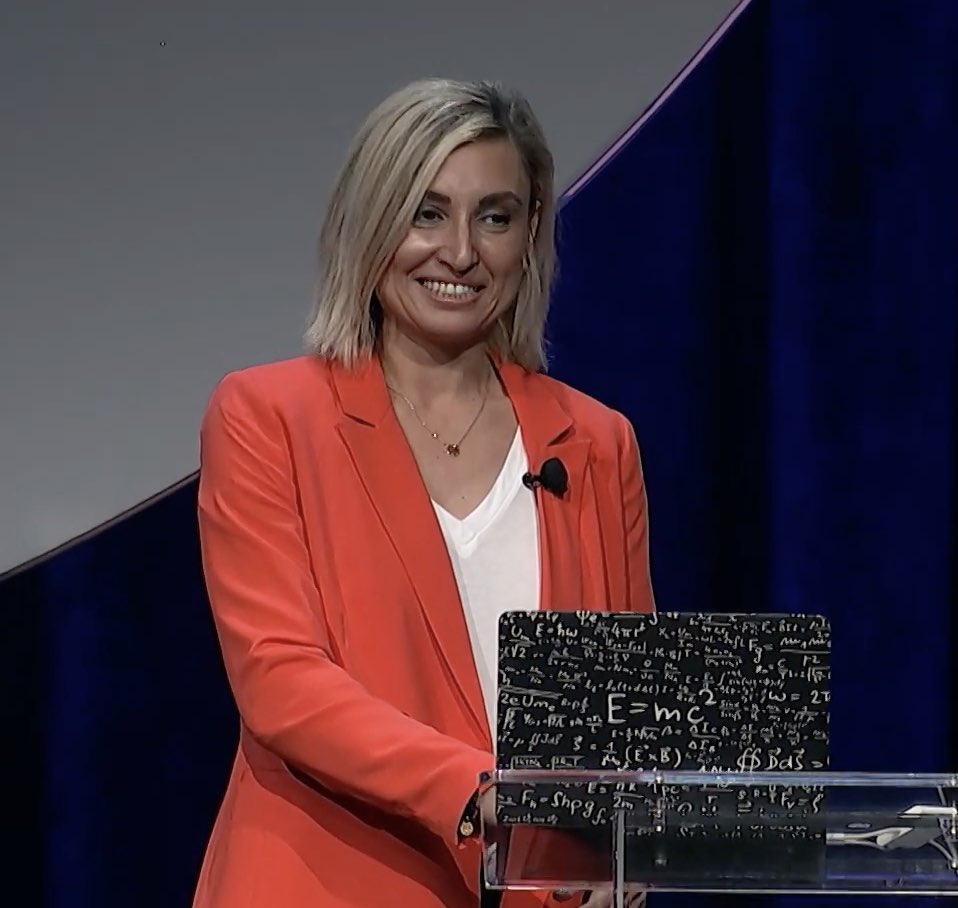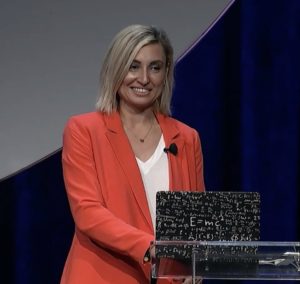In this video from SC19, Dr. Ilkay Altintas from the San Diego Supercomputing Center presents: Next Generation Disaster Intelligence Using the Continuum of Computing and Data Technologies.
At SC Invited Talks, you will hear how translational research and technologies and their applications address some of the most complex challenges of our time. These talks will provide insights with a broad context and from a longer-term perspective.
Modeling of the extent and dynamics of evolving plethora of environmental hazards, and their socio-economic and human impacts, is a data-driven discipline with a vibrant scientific community of computational modeling, remote sensing, data science, technology, and social science experts, driven by the urgent societal need to mitigate the rising frequency and severity of hazards. However, there are still challenges and opportunities in integration of the scientific discoveries and data-driven methods for hazards with the advances in technology and computing in a way that provides and enables different modalities of sensing and computing. Previously NSF-funded WIFIRE project took the first steps to tackle this problem with a goal to create an integrated system and services for wildfire monitoring, simulation, and response. Today, WIFIRE provides an end-to-end management infrastructure from the data sensing and collection to modeling efforts using a continuum of computing methods that integrate edge, cloud, and high-performance computing. Though this cyberinfrastructure, the WIFIRE project provides data driven knowledge for a wide range of public and private sector users enabling scientific, municipal, and educational use.
This talk will review some of our recent work on building this dynamic data driven cyberinfrastructure and impactful application solution architectures that showcase integration of a variety of existing technologies and collaborative expertise. The lessons learned on use of edge and cloud computing on top of high-speed networks, open data integrity, reproducibility through containerization, and the role of automated workflows and provenance will also be summarized.
Dr. Ilkay Altintas is the Chief Data Science Officer at the San Diego Supercomputer Center (SDSC), University of California San Diego, where she is also the Founder and Director for the Workflows for Data Science Center of Excellence and a Fellow of the Halicioglu Data Science Institute (HDSI). In her various roles and projects, she leads collaborative multi-disciplinary teams with a research objective to deliver impactful results through making computational data science work more reusable, programmable, scalable, and reproducible. Since joining SDSC in 2001, she has been a principal investigator and a technical leader in a wide range of cross-disciplinary projects. Her work has been applied to many scientific and societal domains including bioinformatics, geoinformatics, high-energy physics, multi-scale biomedical science, smart cities, and smart manufacturing. She is a co-initiator of the popular open-source Kepler Scientific Workflow System, and the co-author of publications related to computational data science at the intersection of workflows, provenance, distributed computing, big data, reproducibility, and software modeling in many different application areas. She is also a popular MOOC instructor in the field of “big” data science and she has reached out to hundreds of thousands of learners across every populated continent. Her PhD degree is from the University of Amsterdam in the Netherlands with an emphasis on provenance of workflow-driven collaborative science. She is an associate research scientist at UC San Diego. Among the awards she has received are the 2015 IEEE TCSC Award for Excellence in Scalable Computing for Early Career Researchers and the 2017 ACM SIGHPC Emerging Woman Leader in Technical Computing Award.





